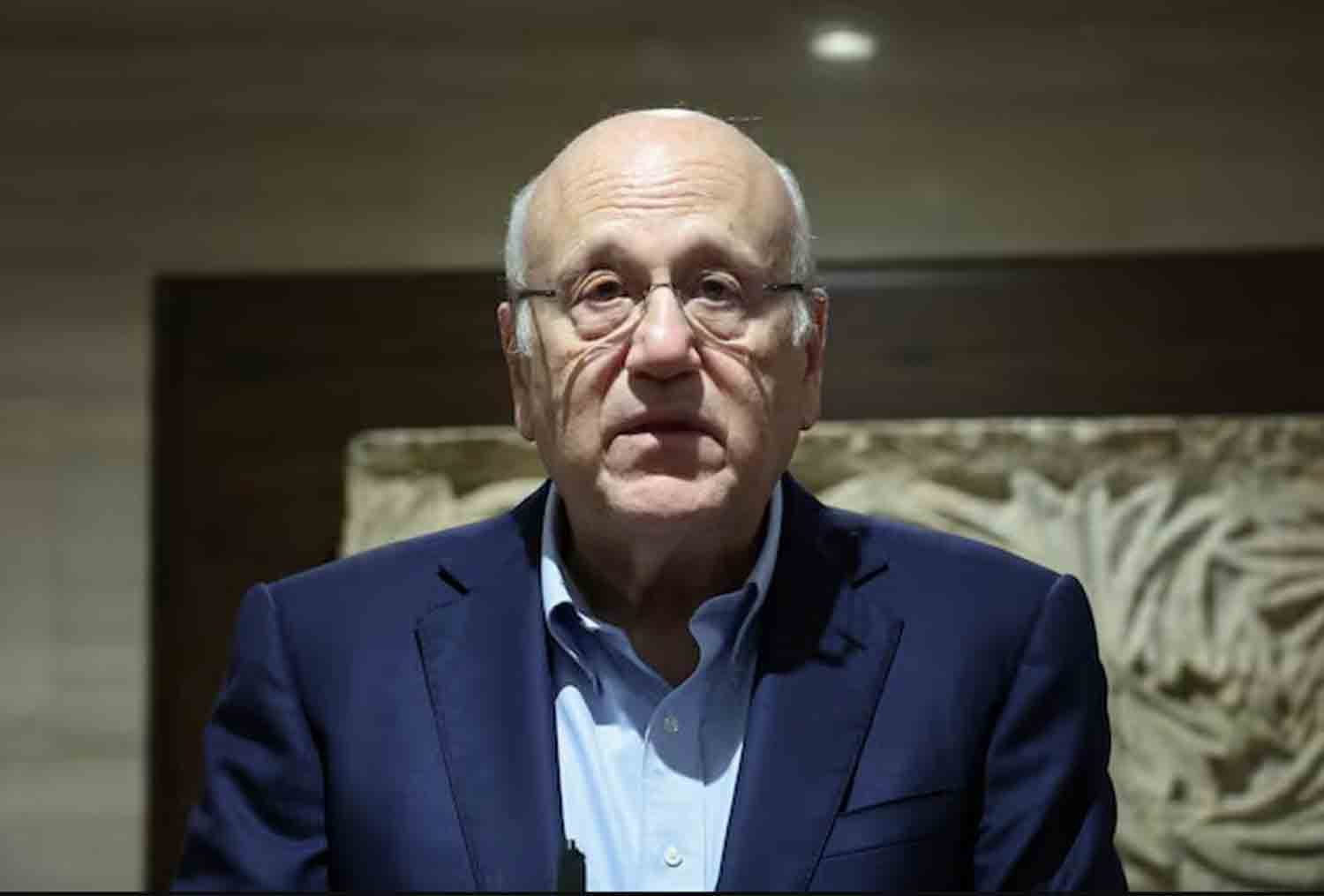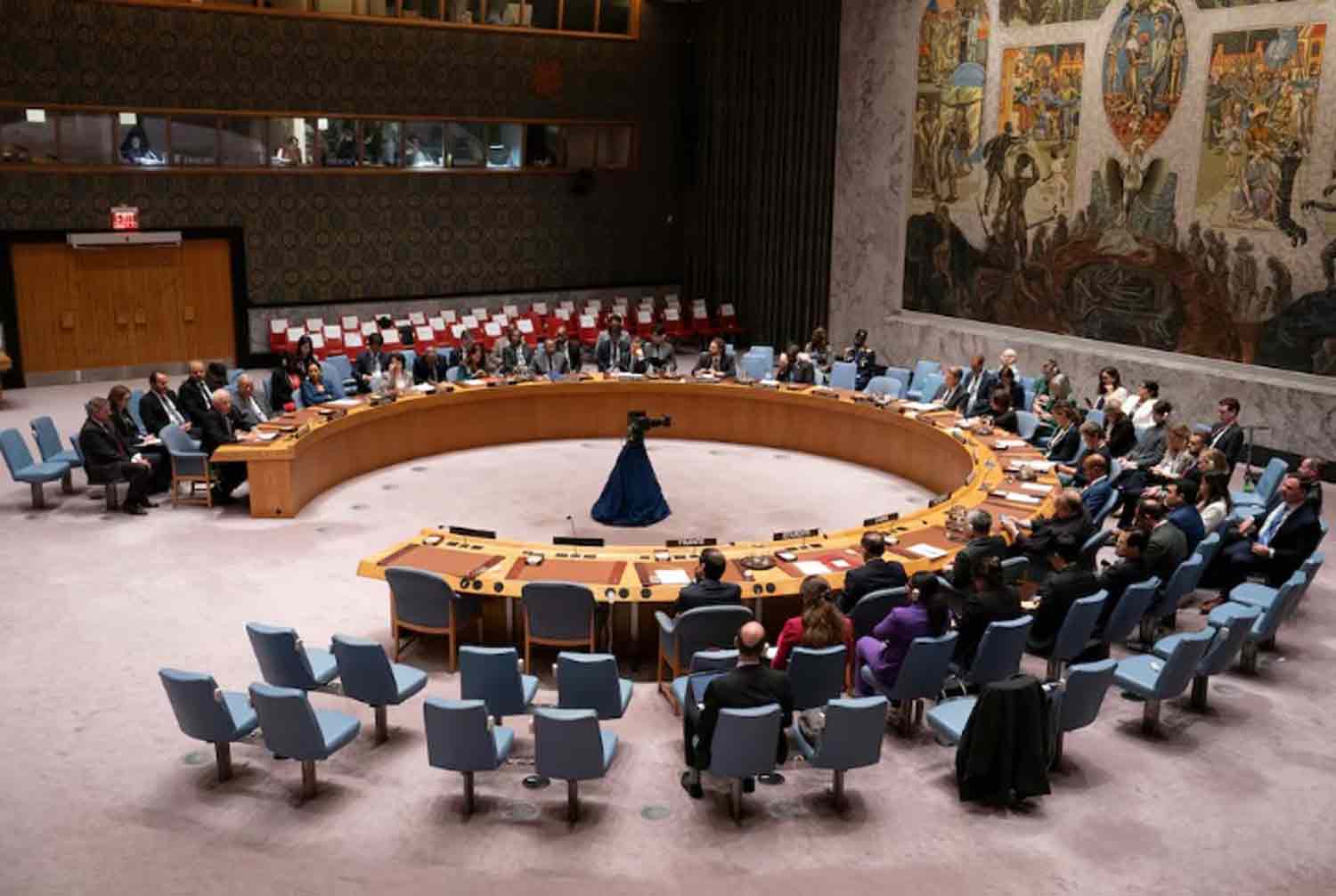North Korea announced on Thursday that it conducted a test of an intercontinental ballistic missile, enhancing what it described as the “world’s most powerful strategic weapon.” This development comes as Seoul cautioned that Pyongyang might acquire missile technology from Russia in exchange for support in the ongoing conflict in Ukraine.
During the test, North Korean leader Kim Jong Un was present and indicated that the launch served as a warning to adversaries perceived as threats to the nation’s security, according to the KCNA state news agency.
Kim stated, as reported by KCNA, that “the test-fire is a fitting military response aimed at informing our adversaries, who have deliberately heightened tensions in the region and jeopardized the security of our Republic, of our intended counteractions.”
This display of military strength occurs amidst widespread international criticism and growing concerns regarding North Korea’s reported deployment of 11,000 troops to Russia, with 3,000 stationed near the western frontlines in Ukraine.
Additionally, just a day prior, Seoul indicated that North Korea might be preparing for an ICBM test launch or a seventh nuclear test coinciding with the U.S. presidential election on Tuesday, likely aiming to showcase its advancing military capabilities. Shin Seung-ki, the head of North Korea military research at the Korea Institute for Defense Analyses, suggested that the launch was probably intended to evaluate the enhanced performance of an existing ICBM, potentially with assistance from Russia.
North Korea is likely to continue seeking assistance of this nature, as it enhances efficiency and reduces expenses while also bolstering the reliability of its weapon systems, he stated.
In light of the scrutiny surrounding its ties with Russia, “the aim may be to demonstrate resilience against external pressure, to counter strength with strength, and to potentially exert some influence over the U.S. presidential election,” Shin remarked.
North Korea’s longest ballistic missile test
The missile launch early Thursday marked North Korea’s longest ballistic missile test to date, with a flight duration of 87 minutes, as reported by South Korea. According to KCNA, this test established new benchmarks for the country’s missile capabilities. The missile was launched at a steep angle from a location near the North’s capital and landed approximately 200 km (125 miles) west of Japan’s Okushiri Island, off Hokkaido. It achieved an altitude of 7,000 km and traveled a distance of 1,000 km, according to the Japanese government.
The lofted trajectory, characterized by a steep ascent, is designed to evaluate the missile’s thrust and stability over shorter distances compared to its intended range, primarily for safety reasons and to mitigate the political repercussions of a missile traveling far into the Pacific. North Korea’s previous intercontinental ballistic missile, known as the Hwasong-18, was tested in December of the previous year. This missile, powered by solid propellant and launched from a mobile platform, was also fired at a steep angle, flying for 73 minutes, which could translate to a potential range of 15,000 km (9,300 miles) under normal conditions, placing the entire mainland United States within its reach.
The latest test from Pyongyang occurred just hours after U.S. Secretary of Defense Lloyd Austin and South Korean Defense Minister Kim Yong-hyun convened in Washington to denounce North Korea’s troop deployment in Russia. While neither Moscow nor Pyongyang has explicitly acknowledged this deployment, Russia’s U.N. Ambassador Vassily Nebenzia raised questions on Wednesday about why allies like North Korea could not assist Moscow in its conflict with Ukraine, given that Western nations assert their right to support Kyiv.
South Korea has expressed that this deployment poses a direct threat to its security, as North Korea could acquire significant combat experience in modern warfare and may be compensated by Moscow with “technology transfers” in critical areas such as tactical nuclear weapons, intercontinental ballistic missiles, ballistic missile submarines, and military reconnaissance satellites.
Discover more from Defence Talks | Defense News Hub, Military Updates, Security Insights
Subscribe to get the latest posts sent to your email.





